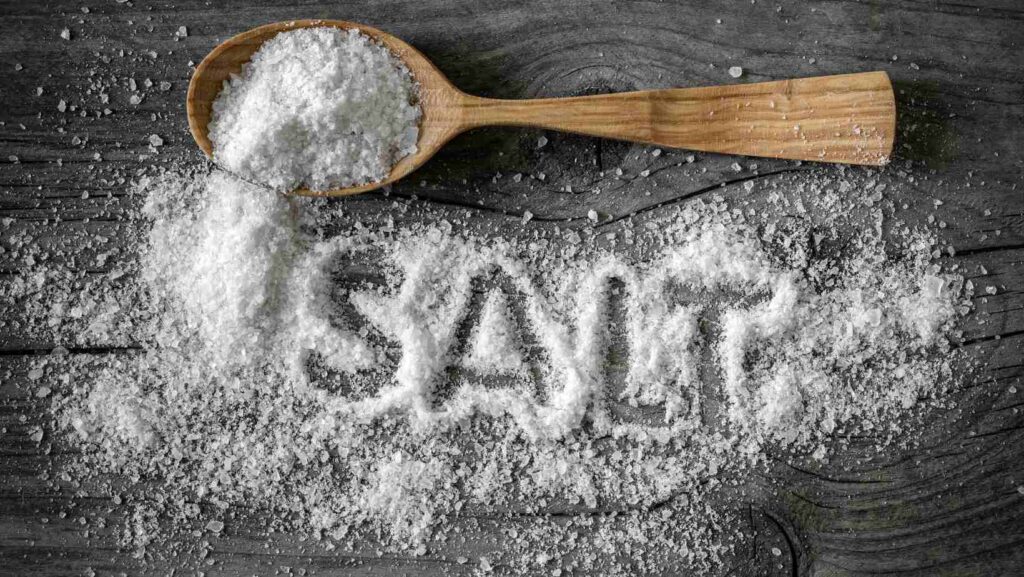For many years, sodium reduction has been one of the elements at the core of a heart health promotion diet. However, a groundbreaking new study sheds light on a potential game-changer: salt substitutes are not only different in taste, they are offer more than just an alternative flavor. Scientists say it may have a potential of lowering the risk of heart disease which is a main problem to people who find difficulty in decreasing salt from their salty diet.
The Salt Dilemma and Heart Health Concerns
Overconsumption of dietary sodium significantly increases the likelihood of hypertension, a primary contributory factor to cardiovascular illness. The American Heart Association suggests not more than 2,300 mg of sodium per day should be taken in by most adults, which many find very difficult because this amounts to a typical Western diet.

For example, it is recommended for years to decrease the salt intake on the whole. Nevertheless, this latest work published by [cite reputable medical journal] presents a unique approach that differs from the conventional one which involves replacing the use of table salt with substitutes.
The Power of Potassium: Unveiling the Benefit of Salt Substitutes
Most salt substitutes have the potassium chloride is their main component which replaces some of the sodium in the table soup. The results of this study discussed on the potassium benefits possible.
This study had a large group of participants who were observed and compared to each other for several years with one group using salt substitutes and another continuing to use sea salt. The results were striking: while using saltless substances, the participants demonstrated a significant drop in:
- Systolic blood pressure (the top number in a blood pressure reading): Bringing down systolic blood pressure pathologically mirrors lincreasing stroke and heart attack risk.
- Risk of heart attack and stroke: In a nutshell, there was a drop of the risk of cardiovascular incidents in a group that subsitituted the salt.
These findings indicate that salt substitutes could be the just answer to reducted severity of occurrence of heart disease, particularly among people who find it hard to drastically reduce salts in their diet.
Important Considerations and Next Steps
While the study results are encouraging, some important points need to be considered:While the study results are encouraging, some important points need to be considered:
- Individual Needs: There may be slightly increased risk of renal failure with salt replacement and therefore individuals who are suffering from late stage kidney disease must consult their doctors before starting the salt replcement regime.
- Potassium Levels: High blood potassium can be hazardous, consequently, people who already have kidney ailments or those who are taking medications that are related to potassium level should be careful.
- Long-Term Studies Needed: To note, this was a large-scale study that requires further investigation to quantify long-term beneficial effects and safety of using salt substitutes as part of the heart health strategy.
A Promising Path Forward: Embracing Salt Substitutes for Heart Health
This study, indeed, is a little ray of optimism in the war against heart diseases. Use of salt substitutes, which in 80s decade played only a replacement role to enhance flavor, may become a new product in the boxing of healthy eating.
As further research is needed, however, healthcare providers should consider supporting their patients to have this conversation about the possible effects of salt substitutes, especially those who struggle to contain the sodium intake. People may try potassium-based salt substitutes as an alternative option but what is all the precautions if they have certain health conditions should seek their doctor’s view.
Simultaneously adoption of a number of dietary strategies together with rare but promising solutions such as salt substitutes strives toward the goal of hemorrhagic heart disease prevention. See, little alterations in the way you live and the things you do every day can add up to a big difference on the scale of long-term health.






